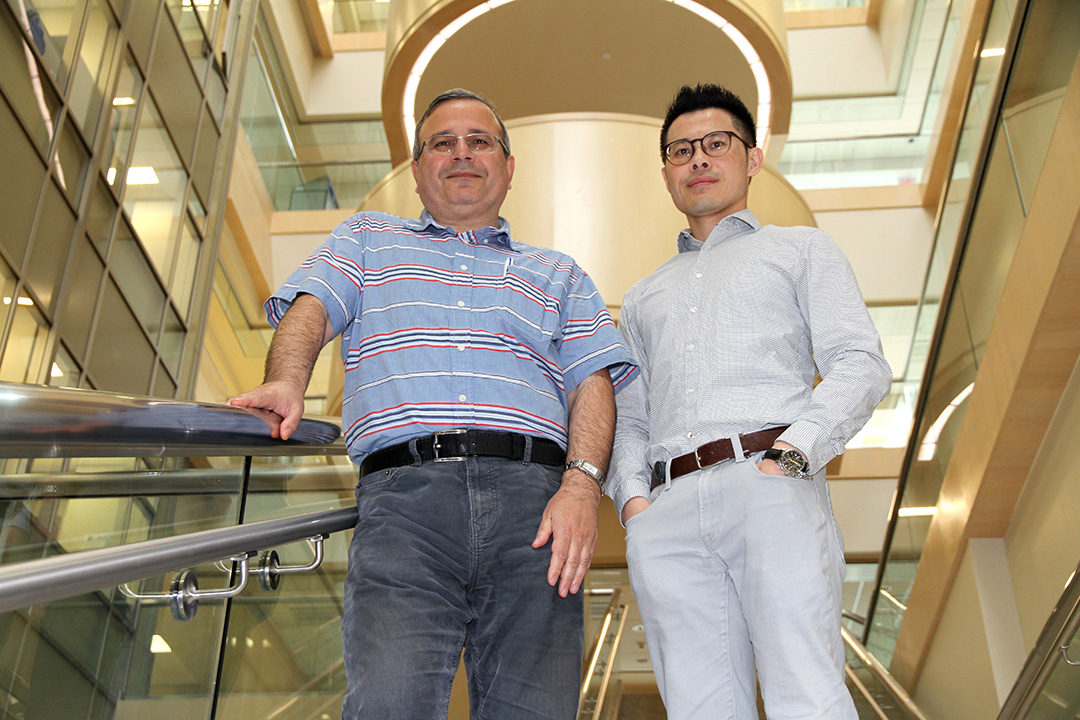
Concussion symptoms reversed by magnetic therapy
Concussion symptoms—such as loss of balance, hazy comprehension, sleep disturbance and ability to walk straight—can be reversed by a new type of magnetic stimulation, research at the University of Saskatchewan (USask) shows.
By USASK RESEARCH PROFILE AND IMPACTMagnetic stimulation using a laptop-style device for 20 minutes per day improved the ability of rodents with concussion to walk in a straight line, navigate a maze, run on a wheel, and perform cognitive tests, according to research published in the Journal of Neurotrauma.
“Concussion is a major health concern effecting all sections of society from children whose brain is still developing to older people suffering falls,” said Professor Changiz Taghibiglou, who led the research. “The beauty of this therapy is not only that it is effective, but that it is non-invasive, easy to use and cost-effective.”
The USask team also found evidence that Low Frequency Magnetic Simulation could potentially protect the brain from future degeneration, a risk following serious concussions.
Concussion or mild traumatic brain injury (mTBI) is a major public health concern and can be caused by sports injuries, motor-vehicle accidents, falls and other head trauma.
The World Health Organization (WHO) estimates that more than 10 million people per year are affected by a traumatic brain injury (TBI).
In Canada, 160,000 people suffer from brain injuries annually, with over 1.5 million Canadians living with the consequences. Income lost from disabilities related to brain injuries in Canada is predicted to rise from $7.3billion to $8.2 billion between 2011 and 2031.
Read more on the university's news site.
